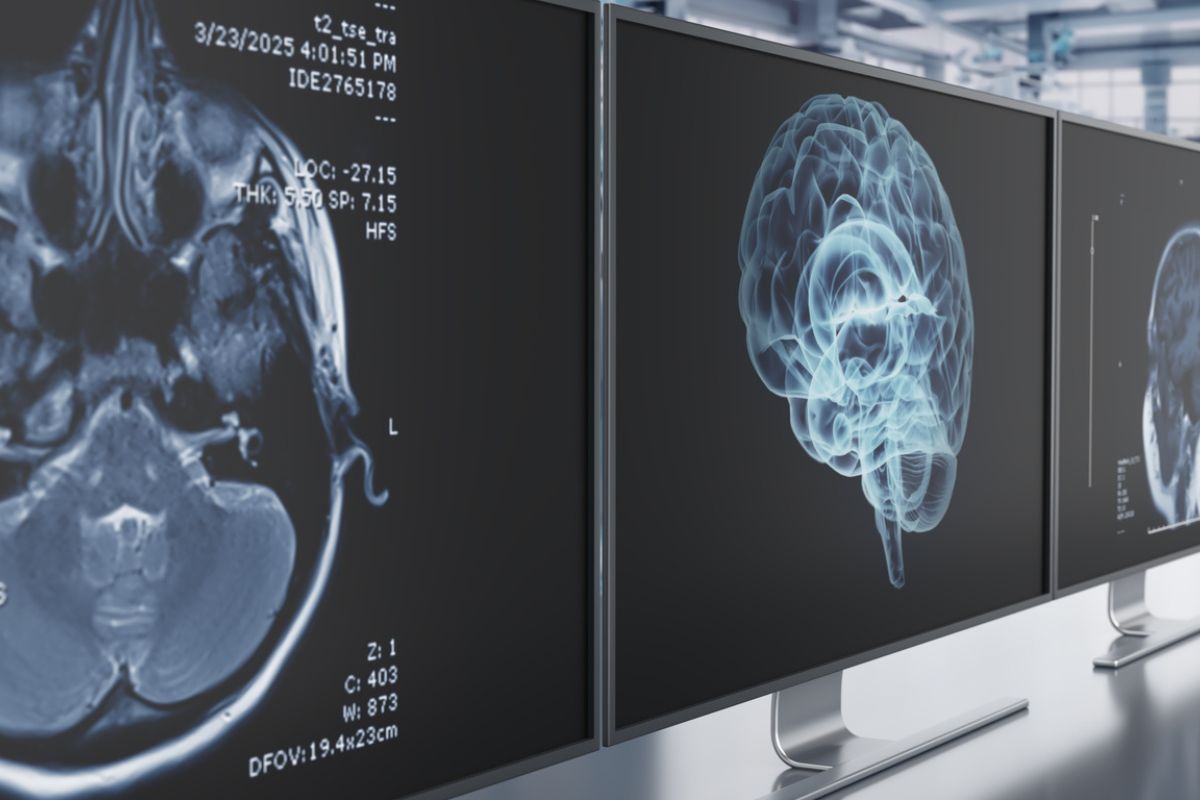A new study looking at coffee drinkers has highlighted some unexpected effects in a key area of the brain related to Parkinson’s disease (PD).
Published in the journal CNS Neuroscience & Therapeutics, the study suggests that regular consumption of the world’s most popular beverage leads to shrinkage of the striatum, a critical region of the brain involved in controlling movement.
New Parkinson’s Test Could Revolutionize Early Detection
Parkinson’s Incidence Nearly 50% Higher than Previous Estimates
OFF Episodes of Parkinson Disease
Drawing from a large database called the Parkinson’s Progression Markers Initiative (PPMI), the researchers identified 202 individuals who had completed a questionnaire about their java habits and had also undergone magnetic resonance imaging (MRI) scans. About two-thirds of the subjects had been diagnosed in the early stages of Parkinson’s disease, with the remaining third included as controls. Based on survey responses, the participants were classified as either current coffee drinkers, past coffee drinkers, or never coffee drinkers.
Size Differences
MRI scans showed no significant differences in volume in all regions of the striatum between Parkinson’s disease patients and healthy controls. However, the researchers noted that being female was associated with larger striatum size and being older was associated with smaller striatum size.
Among healthy controls–but not the subjects with PD–current coffee consumers had significantly lower volume across striatal regions. On the other hand, those who had given up their daily brew showed a tendency for increased striatal volume. This suggests that the chronic effects of caffeine on striatal morphology may fade and even compensate after giving up coffee, the researchers wrote.
The study also looked at differences in the amount of coffee people drank. The more of the caffeinated beverage someone sipped, the lower their striatal volume was, whether they had PD or not. The researchers took this to mean that more cups consumed lead to lower the striatal volume, regardless of PD status.
Caffeine Connection
The researchers refrained from making any conclusion about the functional implications for the structural changes they observed, writing simply, “Our study provides evidence for the effect of chronic coffee consumption on striatal volume in a living human brain.”
However, their findings hint at how drinking coffee could relate to PD.
Caffeine, a psychoactive stimulant commonly found in coffee, tea, and other beverages, works by blocking the activity of a neurotransmitter called adenosine, which is involved in promoting sleep and suppressing arousal. Caffeine has also been shown to affect the dopamine system in the brain, which is important for movement control and motivation.
Acute exposure to caffeine has been found to increase dopamine release in the striatum. Repeated exposure can sensitize the dopamine system and lead to long-term structural changes, such as reductions in dopamine transporter binding and alterations in dopamine receptor binding.
Past studies suggest that caffeine may have neuroprotective effects in PD. For example, animal studies have shown that caffeine can protect against the loss of dopamine neurons in the brain, which is a hallmark of PD. In humans, other studies suggest that higher coffee consumption is causally associated with a lower risk of developing the neurodegenerative disease affecting about a million Americans.
But these latest results suggest that a daily coffee habit may have structural effects within the brain–and they may not be beneficial. Further research will have to dig deeper to explain the underlying mechanisms and potential clinical implications.



